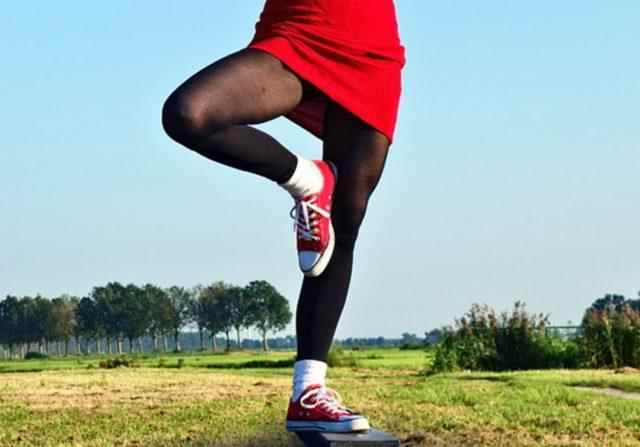Paralysis is seen as a very risky health problem that causes millions of people to die. There are two ways to occur. Most often, it occurs when a blood clot lodges in one of the arteries of the brain and blocks blood flow. In some cases, the clot forms inside the vein because the cholesterol-filled plaque breaks open. Researchers believe that a 20-second test can reveal a lot about a person’s brain and predict their risk of having a stroke.
Research published in the journal Stroke found that people who can’t stand on one leg for at least 20 seconds have a higher risk of having a stroke or brain injury.
ALZHEIMER CAUSES INVESTIGATION
The findings emerged from a Japanese study of nearly 1,400 people.
Scientists on the project have previously found that individuals with mild cognitive impairment, particularly those with Alzheimer’s disease, are prone to instability when standing on one leg. In 2009, researchers writing in the journal Alzheimer’s Disease found that an abnormal single-leg balance “is a sign of further dementia and predicts a higher rate of cognitive decline.”

They measured the time to stand on one leg with eyes open as an index of postural stability in both legs. The time interval to lowering the raised leg was measured twice, allowing a maximum of 60 seconds. The better of the two trials was used for statistical analysis. “Subjects were instructed to maintain an upright stance on the footplate while watching a circular, achromatic target placed 200 cm beyond their eye points.”
“All measurements were made barefoot with both arms held at the side of the body,” the authors explained. The findings showed that time to stand still of less than 20 seconds was “significantly associated with cerebral small vessel disease in apparently healthy general populations of middle-aged to elderly individuals.”

The team also found that about one-third of individuals with more than two brain lesions had problems with balance. Looking at patients with only one lesion in the brain, 16 percent of the sample had balance problems.
A lesion, meaning that brain tissue has suffered damage from injury or disease, causes far-reaching symptoms, including weakness or impairment in multiple senses.
